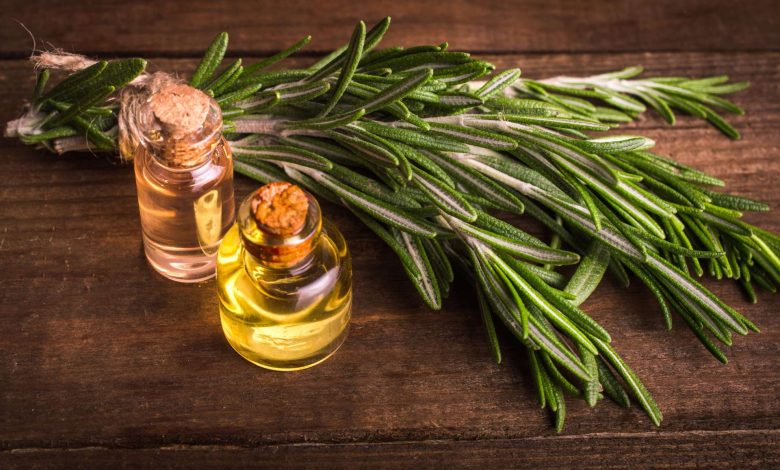Rosemary: its health virtues to discover

Persistent shrub plant with the silver foliage of the Labiaceae family, rosemary is inseparable from the landscapes of the Mediterranean… and its cuisine! It takes its name from the Latin rosmarinus, literally “sea dew”, which it owes to its pleasant smell. In the 8th century, its culture was advocated by the capitular De Villis, who dealt with the organization of royal estates. Monasteries also plant it in their medicinal herbs. From the 16th century, it became famous thanks to a perfume, the water of the Hungarian queen. This rosemary alcoholate, very popular in the court of Louis XIV, was attributed a number of revitalizing, aesthetic and therapeutic properties.
The rosemary, to add a scent of Mediterranean to the plate
Rosemary is a plant of scrubland and enjoys limestone soils, which are dry and sun exposed. With oregano, savory and thyme, it is among the must-have herbs of Provence, a mixture of dried aromatic plants that bring sunlight to the kitchen. Likewise, no bouquet filled without it! Crafted in small bundles with laurel sauce, thyme but also sage or leek green, it perfumes pot-au-feu, beef bourguignon, civet and many other traditional French dishes. In summer, rosemary is a marvel in meat marinades, when it is not used directly on grills.
Rosemary: What are its benefits?
In addition to its aromatic properties, rosemary has recognized medicinal properties. The aptly named rosmarinus officinalis, which is the most common variety, is known for its ability to digest, fight respiratory infections and stimulate the body. It is consumed as herbal infusions, liquid extract, or mother tincture. When used externally, essential oil is indicated for rheumatic and blood circulation disorders, as well as for hypertension.












